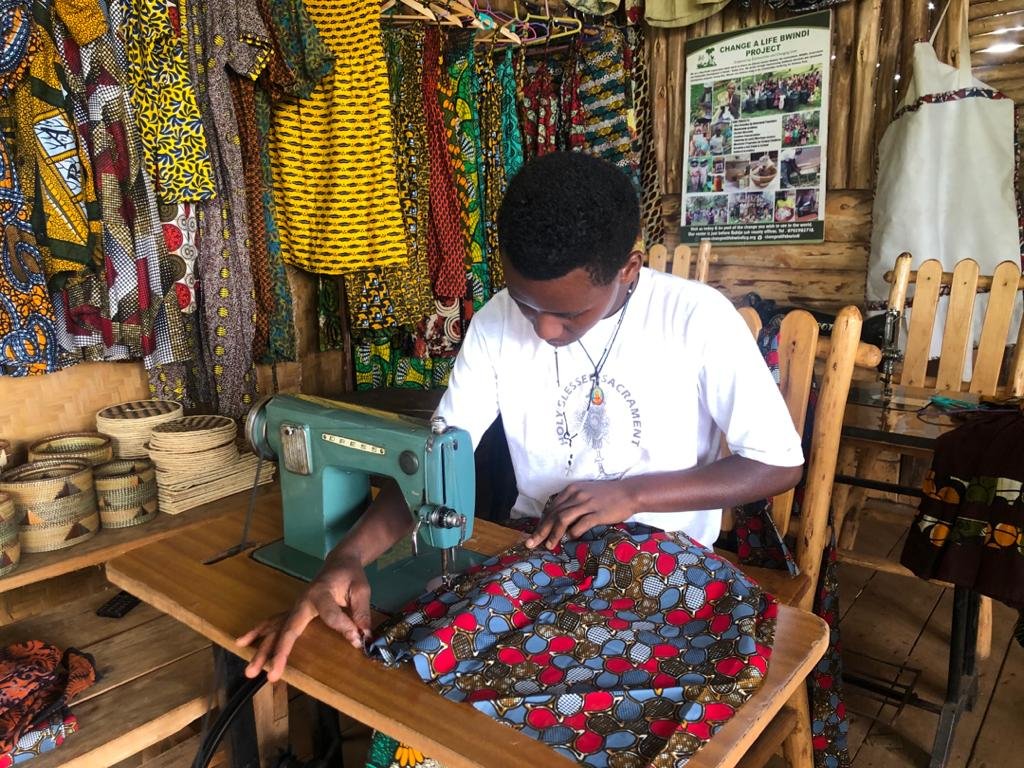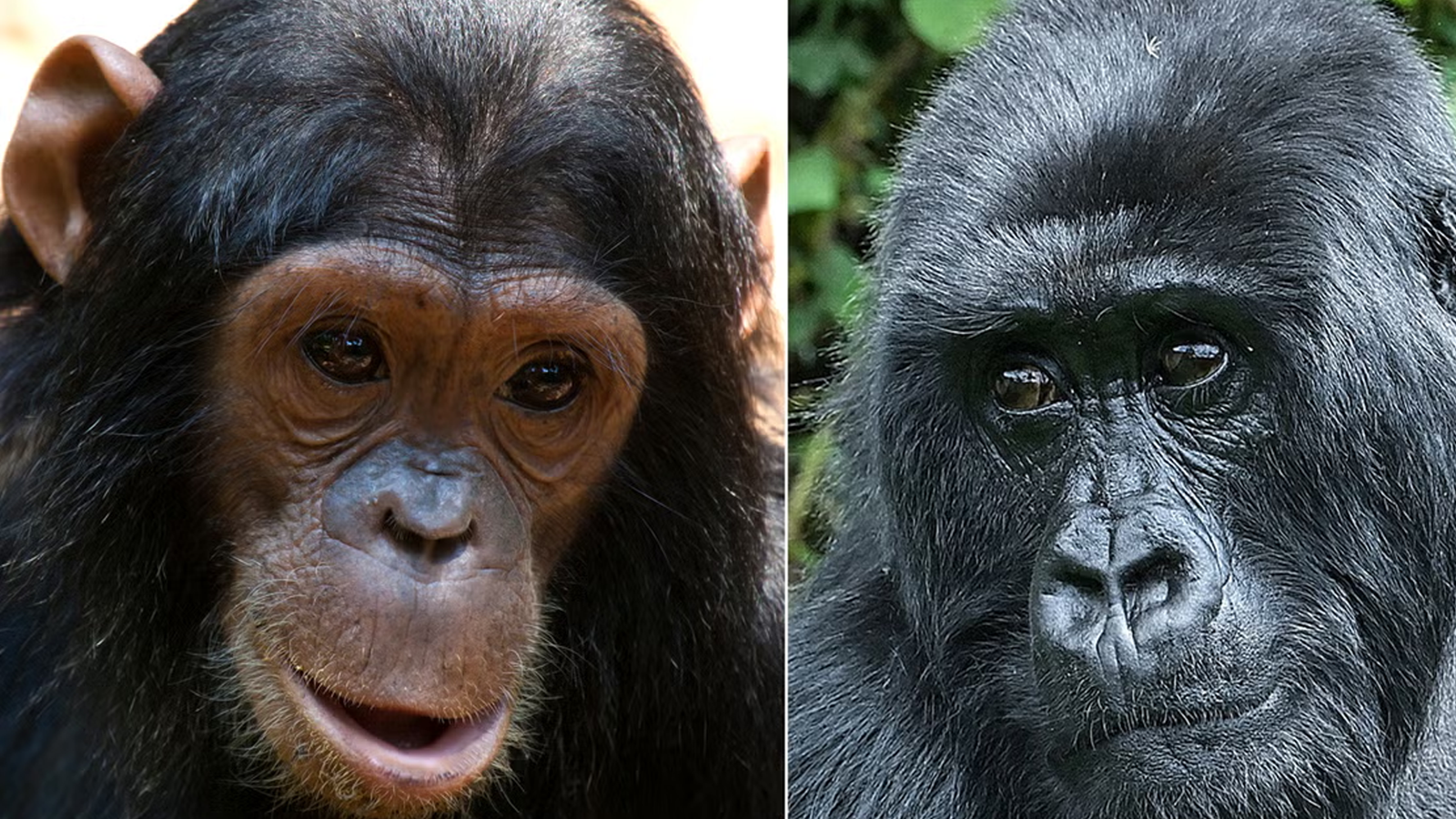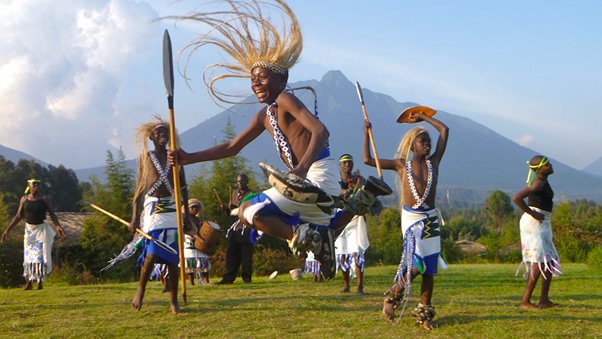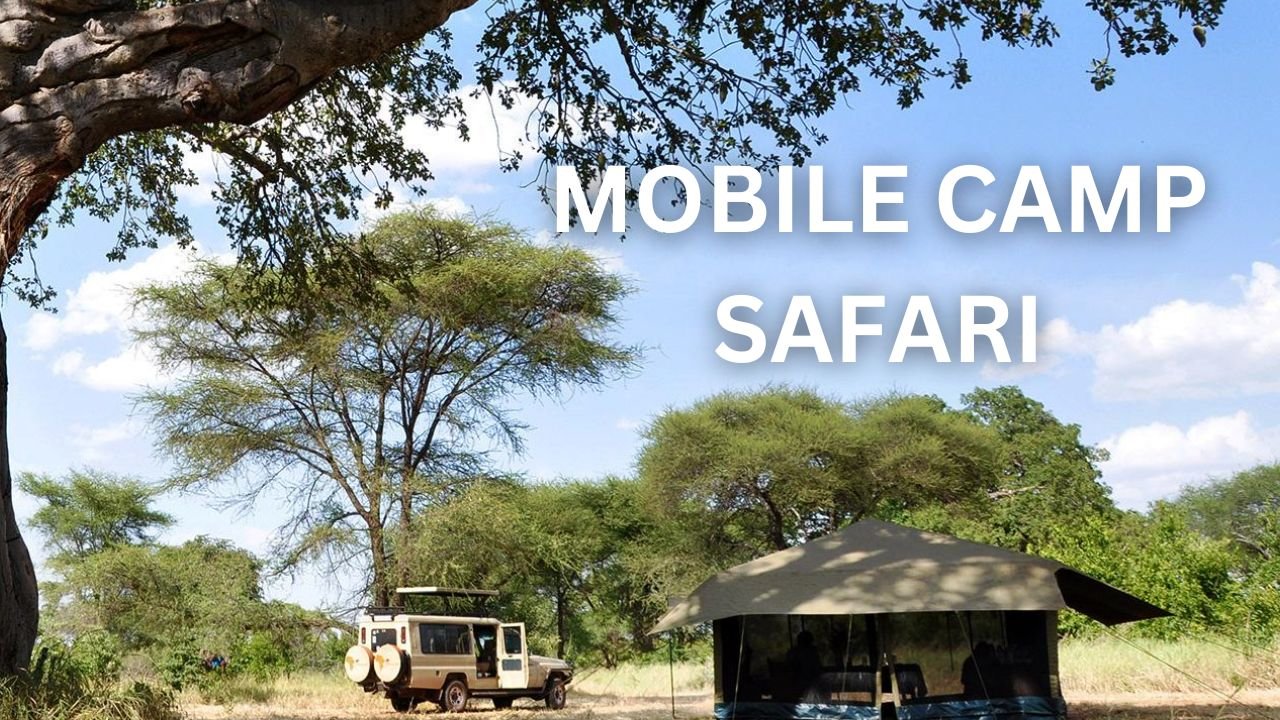
- Volunteer Opportunities: Tourists can participate in volunteer programs organized by the project or partnering organizations. These programs provide hands-on experiences, allowing tourists to directly contribute their skills and time to various project initiatives. Volunteers can engage in teaching, healthcare support, sustainable farming, conservation activities, or infrastructure development, depending on their interests and expertise.
- Cultural Exchange: Tourists can immerse themselves in the local culture by engaging with community members and participating in cultural exchange activities. This may include traditional dances, crafts workshops, cooking classes, and storytelling sessions. By interacting with the local community, tourists can learn about their way of life, traditions, and challenges, fostering a deeper understanding and appreciation of the region.
- Sustainable Tourism: Choosing responsible and sustainable tourism practices is crucial in supporting the project. Tourists can opt for eco-friendly accommodations, engage in low-impact activities, and respect the local customs and environment. By supporting local businesses and purchasing handmade crafts and products, tourists contribute directly to the economic development of the community.
- Educational Visits: The project can organize educational visits for tourists, offering insights into its various initiatives. Visitors can take guided tours of the educational centres, healthcare facilities, sustainable farms, and women’s cooperatives. Knowledgeable guides can provide information about the project’s goals, achievements, and ongoing challenges, giving tourists a comprehensive understanding of the community’s transformation.
- Conservation and Ecotourism: Bwindi is renowned for its remarkable biodiversity, including the endangered mountain gorillas. Tourists can participate in guided ecotours that promote responsible gorilla trekking experiences. The fees generated from gorilla trekking permits contribute to conservation efforts and community development projects. Additionally, visitors can explore the region’s natural wonders through guided nature walks, birdwatching tours, and visits to conservation sites.
- Community Initiatives: Tourists can actively support community-led initiatives by purchasing locally made crafts, artworks, and agricultural products. By doing so, they directly contribute to the income and economic sustainability of the community. Additionally, tourists can attend community events, festivals, or cultural performances organized by the project, celebrating the achievements and resilience of the local community.
- Spread Awareness: After visiting the project, tourists can become advocates for positive change. They can share their experiences through social media, travel blogs, or by word of mouth, raising awareness about the project’s impact and inspiring others to get involved. By spreading the word, tourists can encourage more people to support and contribute to similar initiatives in other parts of the world.


